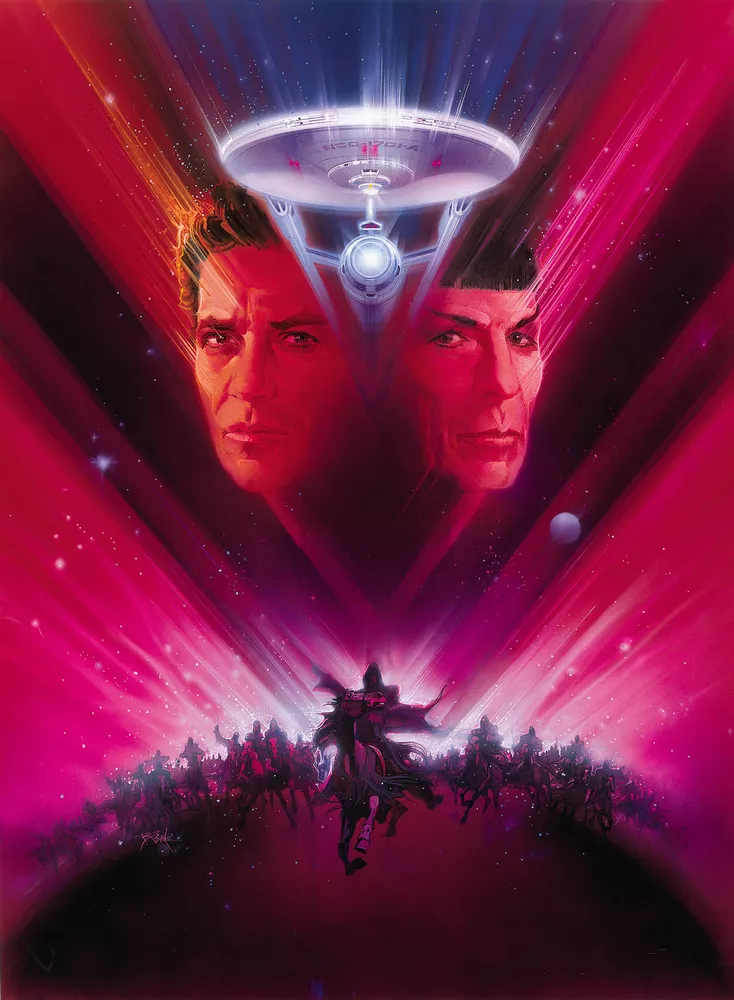
There's been a lot of discussion online recently about the new Star Trek: Section 31 movie and re-assessing past Star Trek movies that weren't well-received in light of this latest addition to the franchise. Early reviews indicate that Section 31 fails to integrate the key ingredients of Star Trek, similar to the concerns I brought up about the Kelvinverse movies. Now, by comparison, past movies perceived as weak are actually pretty good. I'd like to focus specifically on Star Trek V: The Final Frontier and how it is, in fact, a good episode of Star Trek.
Cultural, Moral, and Philosophical Issues
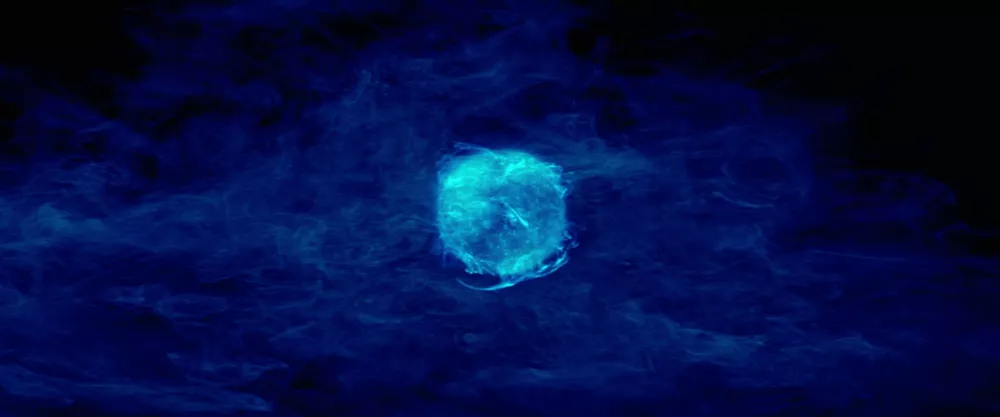
Star Trek has a strong history of exploring cultural, moral, and philosophical issues. The main focus in Star Trek V is the search for something bigger than ourselves, which Sybok presents as a universal quest. This is further emphasized with the participation of mulitple races - Human, Vulcan, Romulan, and Klingon - in finding Sha Ka Ree. Even Captain Kirk, who resists all of Sybok's attempts to persuade him, feels compelled to investigate if they have indeed found God.
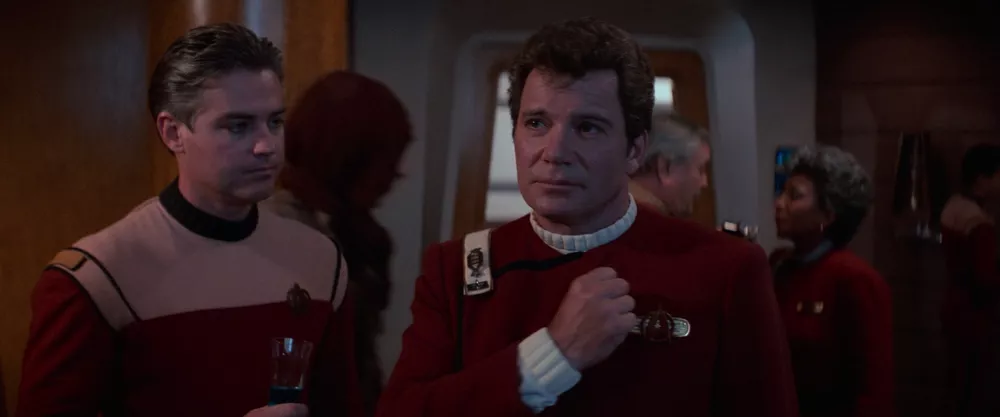
Ultimately, it turns out not to be God, but leaves McCoy and Kirk to wonder:
McCoy: Is God really out there?
Kirk: Maybe He's not out there Bones. Maybe He's right here, in the human heart.
This search for the meaning of existence and something greater than ourselves is summarized eloquently by Q in All Good Things:
That is the exploration that awaits you; not mapping stars and studying nebulae, but charting the unknown possibilities of existence.
Focus on Characters
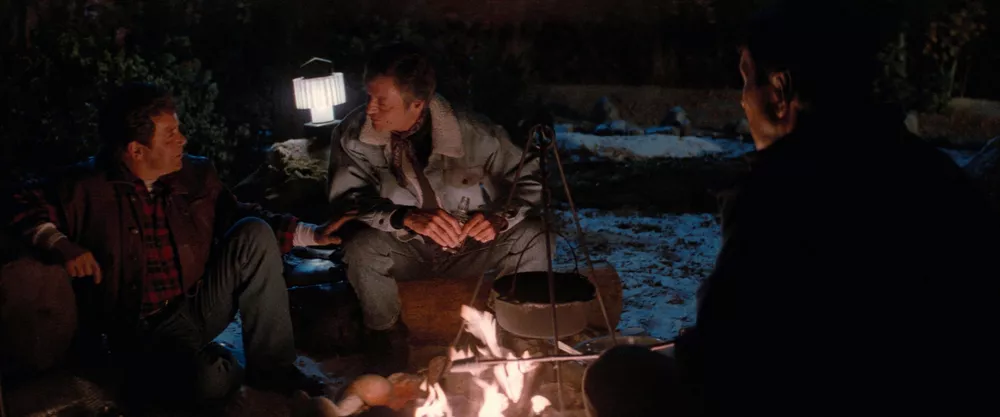
Star Trek V focused heavily on the friendship between Kirk, Spock, and McCoy. By coming full circle to a second campfire in Yosemite Park at the end of the movie, it firmly establishes that these 3 friends are each other's family and at least for Kirk, as long as he's with them he knows he'll be okay.
It also explores the role of family by blood, both with the strained relationships between Spock and Sybok as well as McCoy and his father. The theme of forgiveness is highlighted within both of these relationships, from McCoy forgiving himself for not being able to save his father to Sybok telling Spock, "You must save yourselves. Forgive me brother. Forgive me". I wish the relationship between Spock and Sybok had been explored more deeply, but it sounds like that may be possible now in Strange New Worlds.
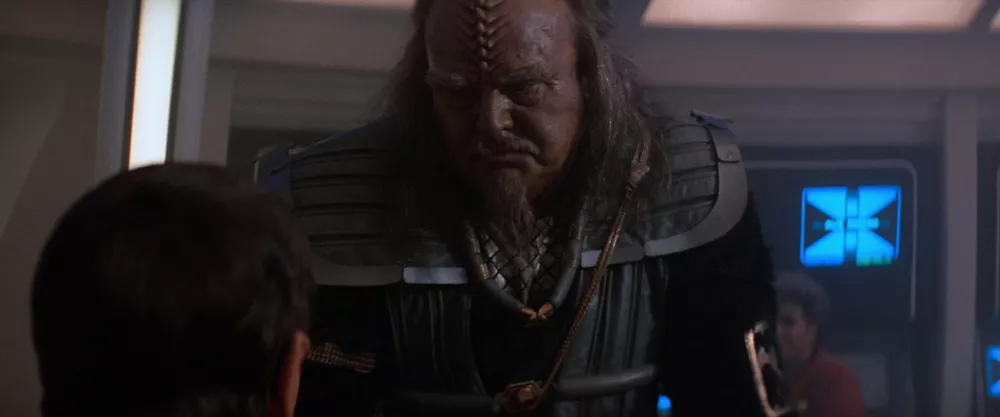
General Korrd, a minor and under-developed character, has a noteworthy role to play when Spock asks him to pull rank on Klaa and save Kirk:
Spock: General, I require your assistance.
Korrd: My assistance?
Spock: You are his superior officer.
Korrd: I am a foolish old man.
Spock: Damn you sir, you will try!
This brief exchange explores the role of age and purpose - even a bygone Klingon commander has something to give.
What Does God Need With A Starship?
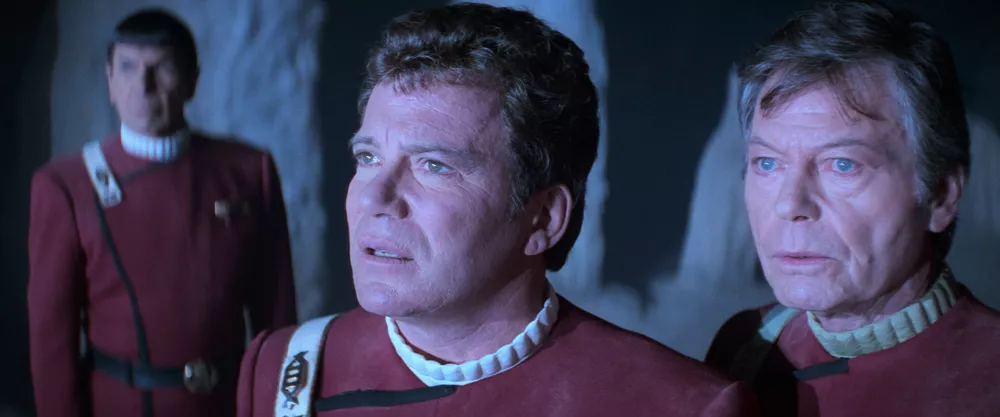
Captain Kirk is a complex, thoughtful, and contemplative leader, but these attributes often get ignored or overlooked when discussing his character. In Star Trek V, we see the introspective side of Kirk as he is both intrigued by Sybok's argument (maybe they really have found Heaven) but at the same time skeptical about the creature they find on the surface. Rather than simply accepting this creature to be God at face value, as McCoy seems to do, Kirk retains a healthy skepticism when the creature's actions don't make sense.
Conclusion
Despite the above points, there are some weaknesses with Star Trek V that limit its ranking amongst all the Star Trek movies. In particular, glaring plot holes, under-developed side characters, and sub-par special effects make parts of it feel choppy and unrealistic. While this movie will never be great and is certainly not a blockbuster, I think the above themes align well with the core of Star Trek and thus make it worth a second look.
